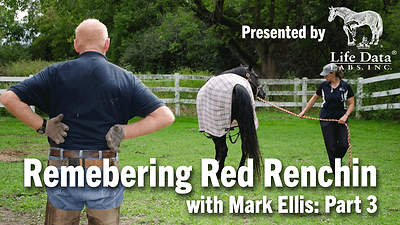Advertise Follow Us
Safety & Healthcare
How to Deal with Softhearted Clients and Spoiled Horses
Farriers offer advice on how to break bad habits of both owners and horses
Read More
Shoeing For A Living
Building Upon a Strong Foundation
New York farrier Kalam Blessing focuses on improving horses’ lives by improving his skill set
Read More










